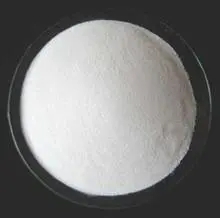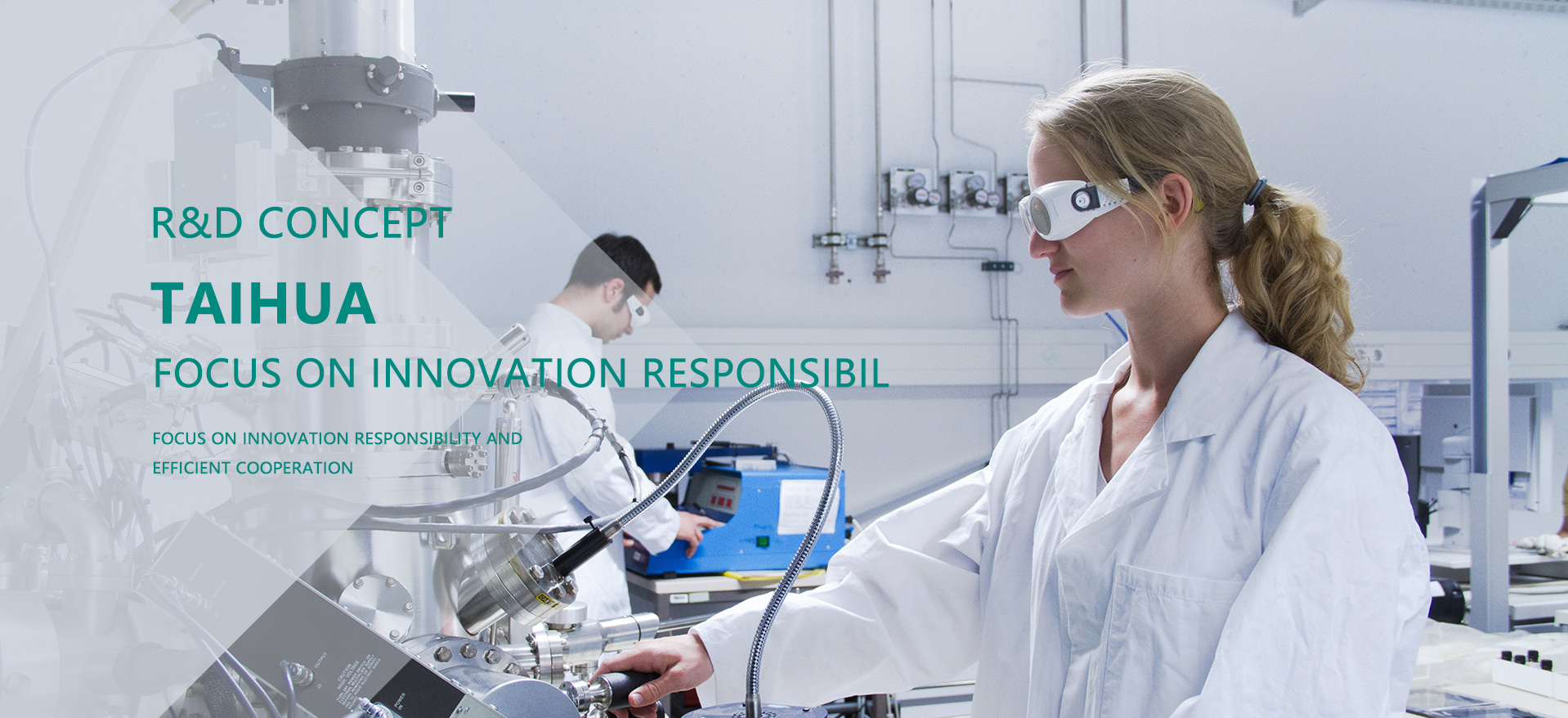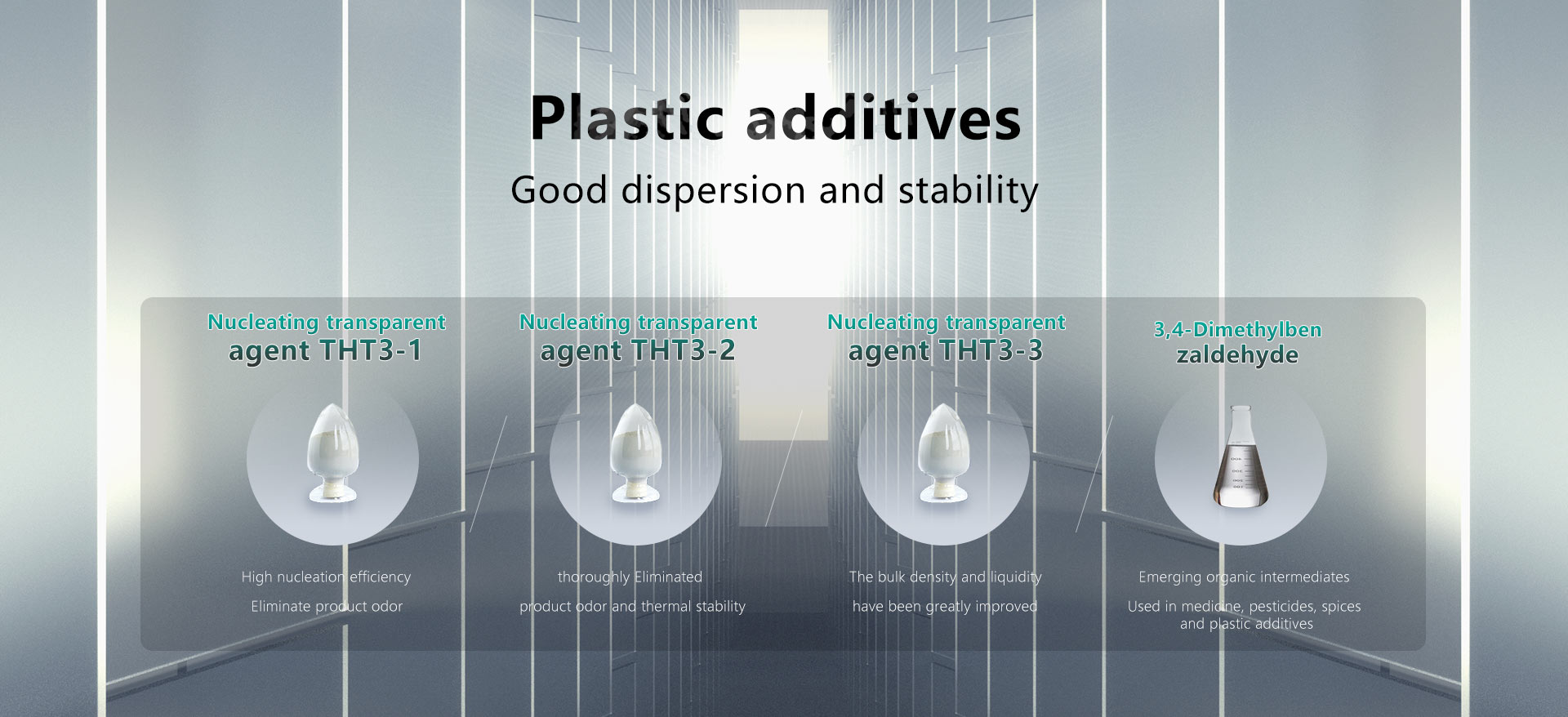What are the classifications of transparent nucleating agents
2022-09-21
Common transparent nucleating agents can be divided into two types: organic compounds and inorganic compounds.
Inorganic nucleating agents are mainly metal oxides, such as talc, silica, titanium dioxide, benzoic acid, etc. This kind of nucleating agent requires the particle size to be less than 40 µ m, which is an earlier nucleating agent. Because they are insoluble in the polymer melt, the crystal embryo is naturally formed in the process of melt recrystallization. However, due to its own color, the improvement of transparency and surface gloss of products after use is not ideal. Although some manufacturers are still using it, it is a low-grade product, and its consumption trend is declining year by year, and will eventually be eliminated.
The main organic nucleating agents are fatty carboxylic acids and aromatic metal soaps, organic phosphates and sorbitol benzylidene derivatives. At present, sorbitol and organic phosphoric acid are widely used as nucleating agents in the market.
Both of them have good transparent modification effect. But each has its advantages and disadvantages:
Organic phosphate nucleating agent has the characteristics of good heat resistance and tasteless. However, the nucleation effect and transparency are not as good as sorbitol and sorbitol nucleating agents, but the price is high and the dispersion is poor.
The nucleation mechanism of the above different types of nucleating agents is consistent. However, due to some differences in the properties of nucleating agents, there are also some differences in improving the performance during processing. Polypropylene is in the process of treatment. For example, it can not only greatly improve the transparency and surface gloss of polypropylene, but also improve other physical and mechanical properties. Polypropylene: Improve stiffness, thermal deformation temperature and dimensional stability of polypropylene. Therefore, dibenzylidene sorbitol is the most popular transparent nucleating agent in the market. Transparent nucleating agents are on the market.
Inorganic nucleating agents are mainly metal oxides, such as talc, silica, titanium dioxide, benzoic acid, etc. This kind of nucleating agent requires the particle size to be less than 40 µ m, which is an earlier nucleating agent. Because they are insoluble in the polymer melt, the crystal embryo is naturally formed in the process of melt recrystallization. However, due to its own color, the improvement of transparency and surface gloss of products after use is not ideal. Although some manufacturers are still using it, it is a low-grade product, and its consumption trend is declining year by year, and will eventually be eliminated.
The main organic nucleating agents are fatty carboxylic acids and aromatic metal soaps, organic phosphates and sorbitol benzylidene derivatives. At present, sorbitol and organic phosphoric acid are widely used as nucleating agents in the market.
Both of them have good transparent modification effect. But each has its advantages and disadvantages:

Organic phosphate nucleating agent has the characteristics of good heat resistance and tasteless. However, the nucleation effect and transparency are not as good as sorbitol and sorbitol nucleating agents, but the price is high and the dispersion is poor.
The nucleation mechanism of the above different types of nucleating agents is consistent. However, due to some differences in the properties of nucleating agents, there are also some differences in improving the performance during processing. Polypropylene is in the process of treatment. For example, it can not only greatly improve the transparency and surface gloss of polypropylene, but also improve other physical and mechanical properties. Polypropylene: Improve stiffness, thermal deformation temperature and dimensional stability of polypropylene. Therefore, dibenzylidene sorbitol is the most popular transparent nucleating agent in the market. Transparent nucleating agents are on the market.
-
About us
-
Product Center
-
News
-
contact us
Telephone:+8613220919272
tel:+860535-6611980
Address: 126 Qishan Road, Zhifu District, Yantai City
-

contact us
opyright ©Taihua New Material Technology Hebei Co., Ltd.
Yiqi Internet
Yiqi Internet















